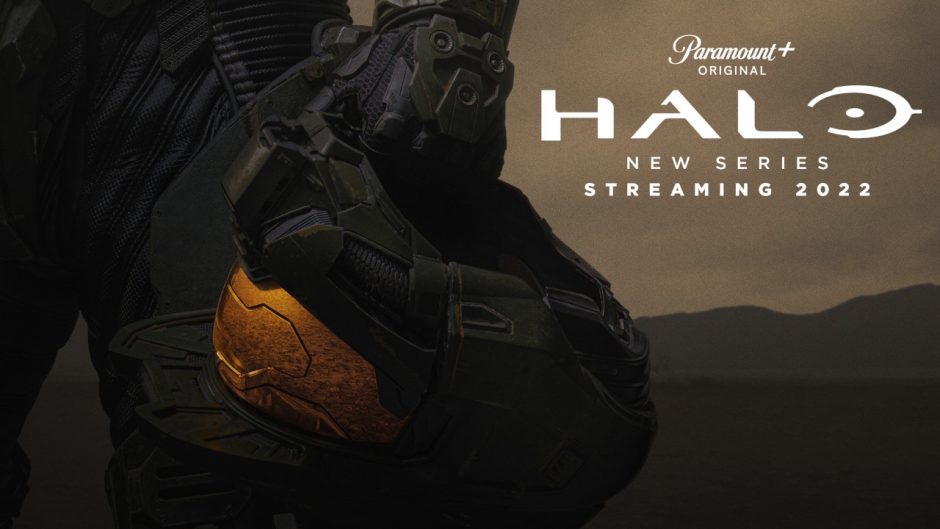This month we’ve seen the armour-clad super soldier Master Chief leap into action on Paramount+, as the series adaptation of Xbox’s prized sci-fi game franchise Halo (pictured) finally made its debut on the small screen after many years in development hell. The initial response from viewers has been mixed; on popular review aggregation site Rotten Tomatoes the show currently holds a 70% approval rating from critics and 60% from users. Still, Paramount+ seems confident in the show, having already ordered a second season prior to the first’s debut.

The SVOD is not alone in its faith in video games. Over the past couple of years we’ve seen numerous plans for series adaptations of major game franchises surface, including Mass Effect, Splinter Cell and Twisted Metal to name but a few, and it’s the streamers that are interested.
Perhaps this comes as no surprise given the digitally native target audience of gamers, but these franchises are particularly attractive to SVODs as they stock up on well-known IP to draw in and retain subscribers. While this applies to all major SVODs, game adaptations will be even more attractive to platforms owned by tech companies, which don’t have a wealth of iconic film and TV franchises from a parent company to spin originals from. Amazon has been pursuing shows based on Fallout, Mass Effect and God of War, while Netflix – following the success of Castlevania and The Witcher (also a book series) – has ordered a steady string of adaptations including Assassin’s Creed, Tomb Raider and Resident Evil.
Another interesting angle to this trend is that – with the exception of animated series – it’s been historically uncommon for video game adaptations to take the form of shows at all, with the big screen once viewed as the prime destination. Our guess as to why this is shifting? Putting aside a few well-received features such as Sonic the Hedgehog and Detective Pikachu, film adaptations of video games simply have a bad track record, frustrating fans and critics alike.
Hoping for their source material to be done justice, and well aware of all the money being pumped into franchise-hungry streamers, IP owners have been turning their attention to series, where stories and their characters are given more room to develop, allowing for deeper exploration of a franchise’s lore and increasing the chances of satisfying fans. It certainly isn’t foolproof territory and the challenges presented by adapting a story intended for a drastically different form of entertainment remain, but the flexibility of an increased running time does allow for new possibilities, such as more room to meaningfully expand on plot points in the source material and even deviate from them.
Paramount+’s Halo is one such example. Instead of directly adapting the FPS games’ stories, which were told through action-packed shoot-‘em-up levels interspersed with cutscenes, the show’s creators forged an alternative timeline to allow Halo to be a sci-fi drama from the ground up; one which – for better or worse – only uses the games for narrative context.

 James Conibear
James Conibear